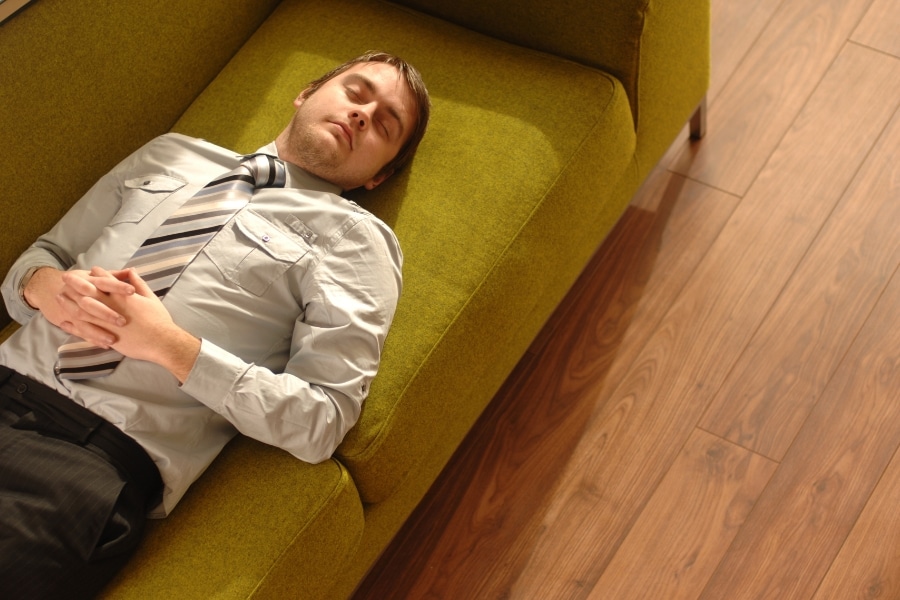Psoriasis is an auto-immune and the most common skin disease that people try to hide. Almost more than 2% of the US population has been affected by this infection so far. Scientists believe that people have psoriasis due to their inheritance of some genes, but studies show that genetic connection is not only the reason to have psoriasis. It occurs when certain areas of skin start producing new cells rapidly as the immune system gets infected. The reason why the scales appear or the cells get thick; is not apparent yet.
There are some triggers responsible for psoriasis flares. The most common among them is the mental stress that provokes the body to release some chemicals as an inflammatory response agent. Scientists doubt that this mechanism can promote stress-related flare-ups. The process includes many more triggers.
Contents
Triggers

Psoriasis can grow rapidly with obesity or weight gain. Certain medicines like beta-blockers prescribed for high blood pressure and heart disease and lithium for bipolar disorder are also responsible for triggering psoriasis. Skin injury, throat infection, and respiratory problems are some of the side effects.
According to the National Foundation of Psoriasis, it can take months and even years to recover from this disease, and there are chances that it may occur again at any stage. So to minimize the risk, it is advisable to consult your doctor immediately for a review or go for an alternate medication in case of flare-ups. Also, identify the factors that may cause stress and focus on losing weight.
Preventive Methods
Consulting a doctor is advisable for people with psoriasis, but still, there are some tips to help you prevent and control flare-ups.
Scalp And Skin Care
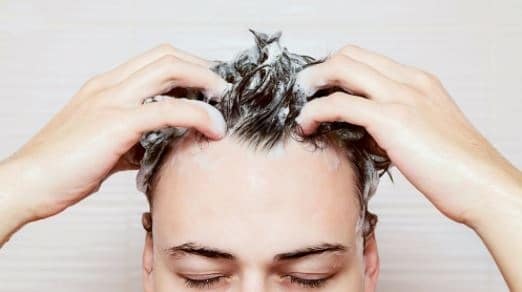
Generally, Psoriasis can affect any part of your body, but it primarily develops on the scalp, knees, feet, face, back, elbow, or palms. If you notice some scaly patches on your scalp/skin, don’t scratch or rub with your nails. Always trim your nails properly because when you scratch with them, you’re likely to worsen the symptoms of Psoriasis flare-ups. Instead, use a medicated shampoo or a soap while bathing. These soothing products are a source of topical treatment that brings relief.
Avoid Weather Changes
Environmental factors also trigger the symptoms of Psoriasis. The flare-ups become worse for people who don’t avoid dry and cold weather conditions after the infection. Sometimes hot weather can make things better because, during summers and spring season, the UVB rays of the sun are very prominent at noon. These rays are good for treating psoriasis. During winters, the sign and symptoms worsen due to shorter days and cold temperatures.
Apply Cream And Lotion

Application of thick oily cream and moisturizing lotions can ease the symptoms of Psoriasis. When your skin lacks moisture, it begins to crack or turns rough. At this juncture, you feel like rubbing or scratching it somehow. And you damage your epidermis, then the dermis, leading to further tissues, sweat glands, and hair roots damage. This causes dry skin and a lack of aridity.
Hence, to prevent these primary Psoriasis symptoms using petroleum jelly is the best solution. The moisturizing lotions help trap moisture under your skin. You can apply some cream over the scaly patches, cover them with a waterproof bandage and remove it after some hours to bring relief.
Avoid Stress

Psoriasis flares up with anxiety and stress. Therefore, to zap stress and relieve your pressure, it’s better to opt for relaxation exercises like yoga and meditation as a beginner. Though psoriasis is considered a skin disease, it also affects your confidence, mood, and relations like emotions.
Sometimes it becomes more chronic, which is challenging to treat. It also develops a complex and depression among people. So it’s advisable to bring a change in your lifestyle and stay happy. Always try to be emotionally and mentally healthy to keep stress at bay and control psoriasis.
Types Of Psoriasis
The line of treatment depends on the type of Psoriasis you have. Generally, people suffer from one kind, but a new form can develop after the symptoms fade away. Mainly there are five types of Psoriasis.
Psoriatic Arthritis
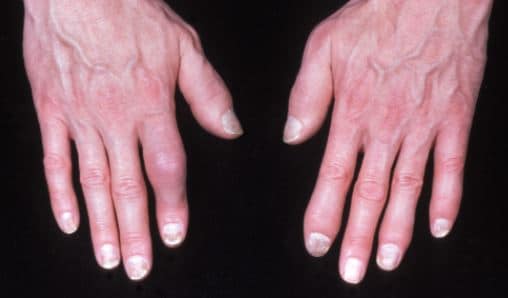
This is an advanced stage of Psoriasis. It appears in the form of red patches with silvery scales over the skin. Its main symptoms are joint pain, swelling, and stiffness. Both psoriasis and psoriatic arthritis get worse with time. They cause swollen fingers and toes, joint damage, and lower back pain from mild to severe.
To date, there is no treatment available for psoriasis arthritis, so you need to take measures to control the symptoms at the initial stage. Hence, people with psoriatic arthritis should see their doctor immediately because this disease can adversely affect joints if left untreated. Your health practitioner will suggest some dose to reduce inflammation and bring relief from pain and stiffness.
Moreover, it’s straightforward to diagnose psoriatic arthritis, the symptoms are similar to rheumatism, but a simple blood test could be enough.
Plaque Psoriasis

It is also known as Psoriasis Vulgaris is the most common type and causes swollen red skin with white and silvery patches. These patches can appear anywhere on the body and keep itching/burning. Steroids, phototherapy, and systemic meditation can bring relief.
Guttate Psoriasis
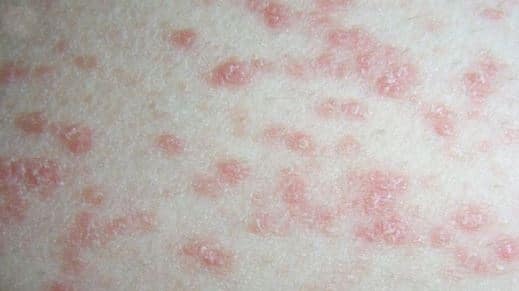
It often occurs in children and young adults. It appears in a pink-red spot on the scalp, thighs, trunk, and upper arms. The marks disappear within a few weeks without treatment, but some of them are stubborn, so they need a doctor’s visit.
Pustular Psoriasis

This type of disease is very uncommon. It occurs in the form of pus-filled sores (pustules) and has a circle of red skin. They are generally seen on your hands and feet but can even cover your whole body. So for generalized pustules, you need immediate medical care.
Inverse Psoriasis
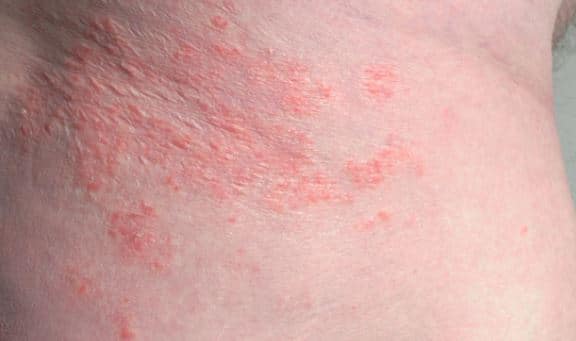
These affect your armpits, skin folds, and groin. The symptoms include bright red, smooth, shiny patches with no scales and worsen with rubbing and sweating. Friction, sweating, and fungal infection are the common problems to mention.
Conclusion
Psoriasis is a long-lived auto-immune skin problem and affects a person throughout their life. Hence, in the absence of treatment, making few lifestyle changes, and using remedies, one can prevent psoriasis flare-ups. Understanding the responsible factors and taking preventive measures can help improve symptoms and make people’s life easier.
